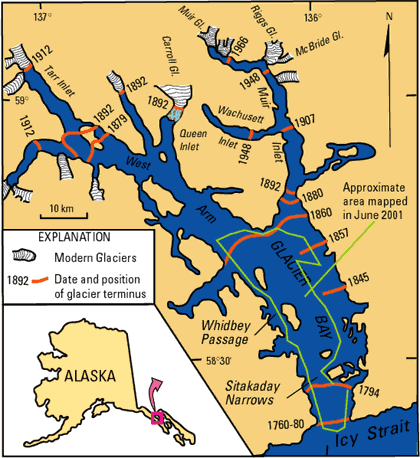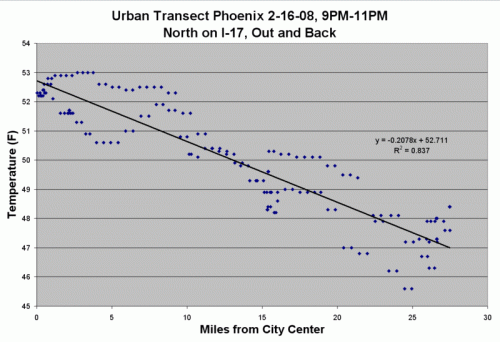Wow, I Wonder Why Job Creation Isn't Occurring in California?
I wonder if its because companies have to beg for government permission, and then pay a hefty bribe, to get permission to hire more employees:
The city council in Menlo Park, Calif., is set to approve a deal that will let Facebook employ thousands more people at its headquarters there.
Mayor Kirsten Keith says officials are expected to green light the environmental impact report and the development agreement at a meeting Tuesday night. City staff has recommended the city approve the deal.
That means Facebook employees, currently numbering about 2,200 in Menlo Park, will soon be able to stretch out. If the deal is approved, Facebook will be able to employ about 6,600 workers in Menlo Park, up from its current limit of 3,600. That was the constraint on Sun Microsystems, which previously occupied the campus.
Facebook will pay Menlo Park an average of $850,000 a year over 10 years to compensate for the additional load on the city. It will also make a one-time payment of more than $1 million for capital improvements and set up community services such as high school internship and job training programs. Facebook is also creating a $500,000 local community fund that will dole out grants and charitable contributions to communities surrounding Facebook's campus.
Facebook is making the payments because Menlo Park can’t collect sales taxes from Facebook.
The last is a dodge - this is a protection racket, pure and simple. Presumably Facebook pays property taxes on its corporate offices, as do its employees who live nearby. Also, these new employees will all spend money in the local economy that will generate sales taxes. Facebook presumably pays for water, sewer, trash and other utilities, and their employees are paying gas taxes as they drive that pay for the roads. Facebook pays California income taxes, as do their employees. What are these mystery costs that are not getting covered? The community services bit is a hint that this is a stick-up, with Menlo Park demanding its cut of the recent IPO.
The truth is that cities and counties in California see business expansion plans the same way that Tony Soprano looks at the Museum of Science and Trucking -- as a way to maximize their skim. I operate a campground in Ventura County that DOES pay sales taxes the County so far will not let me increase my live-in staff without making a big payment. Even the remodeling of our store required 7 separate checks written to Ventura County agencies.
Update: Minutes after I posted this, I see this at Reason about Ventura County's efforts to use zoning laws to shut down businesses. Another Ventura story -- we tried to put a small trailer, really just a booth, in a large asphalt parking lot so my employee there could get out of the sun. Putting a portable shed on a parking lot apparently required permits - lots of them. At one point we were asked to get a soil sample, meaning they were asking us to cut through the paving and sample the dirt underneath. Eventually we just gave up.


